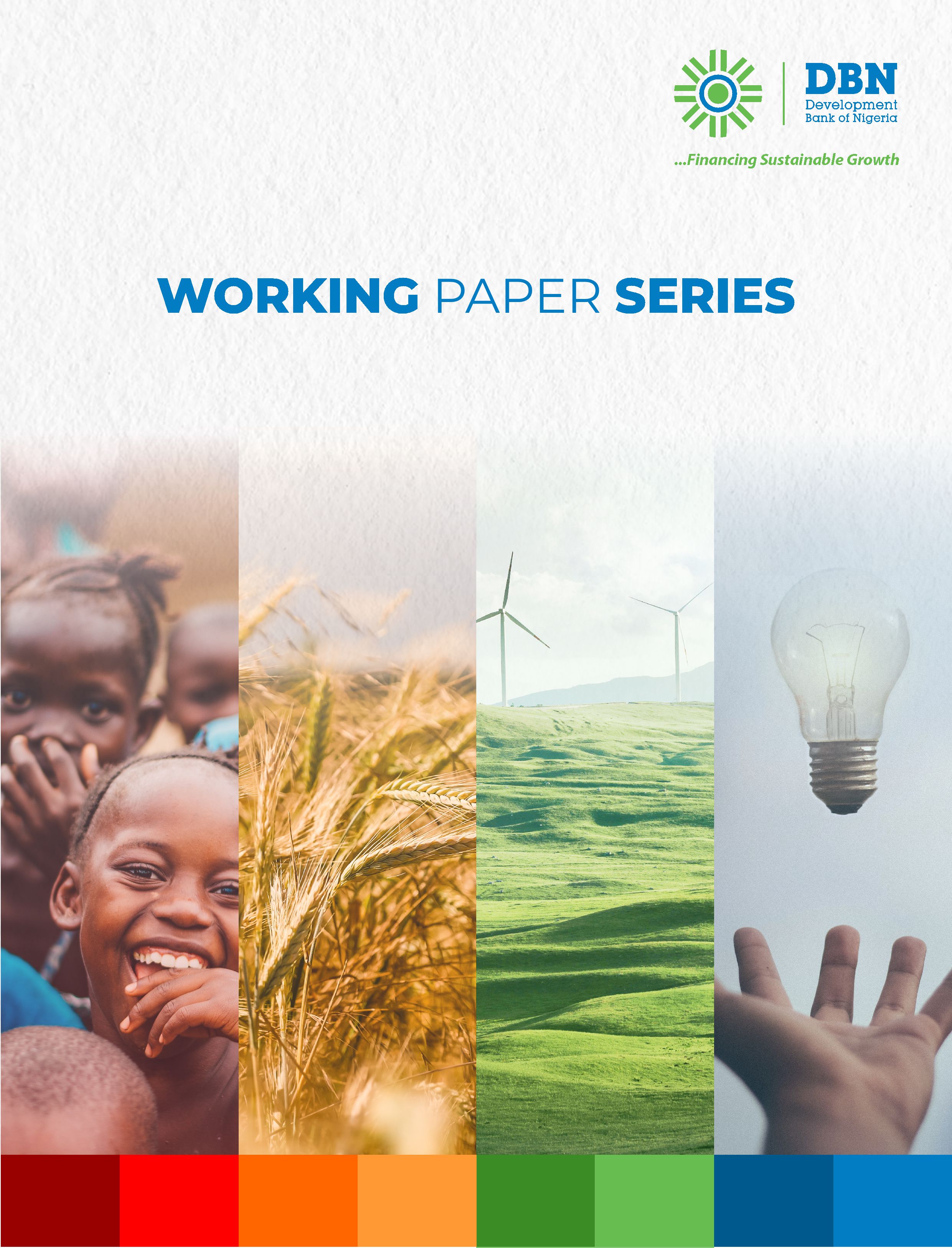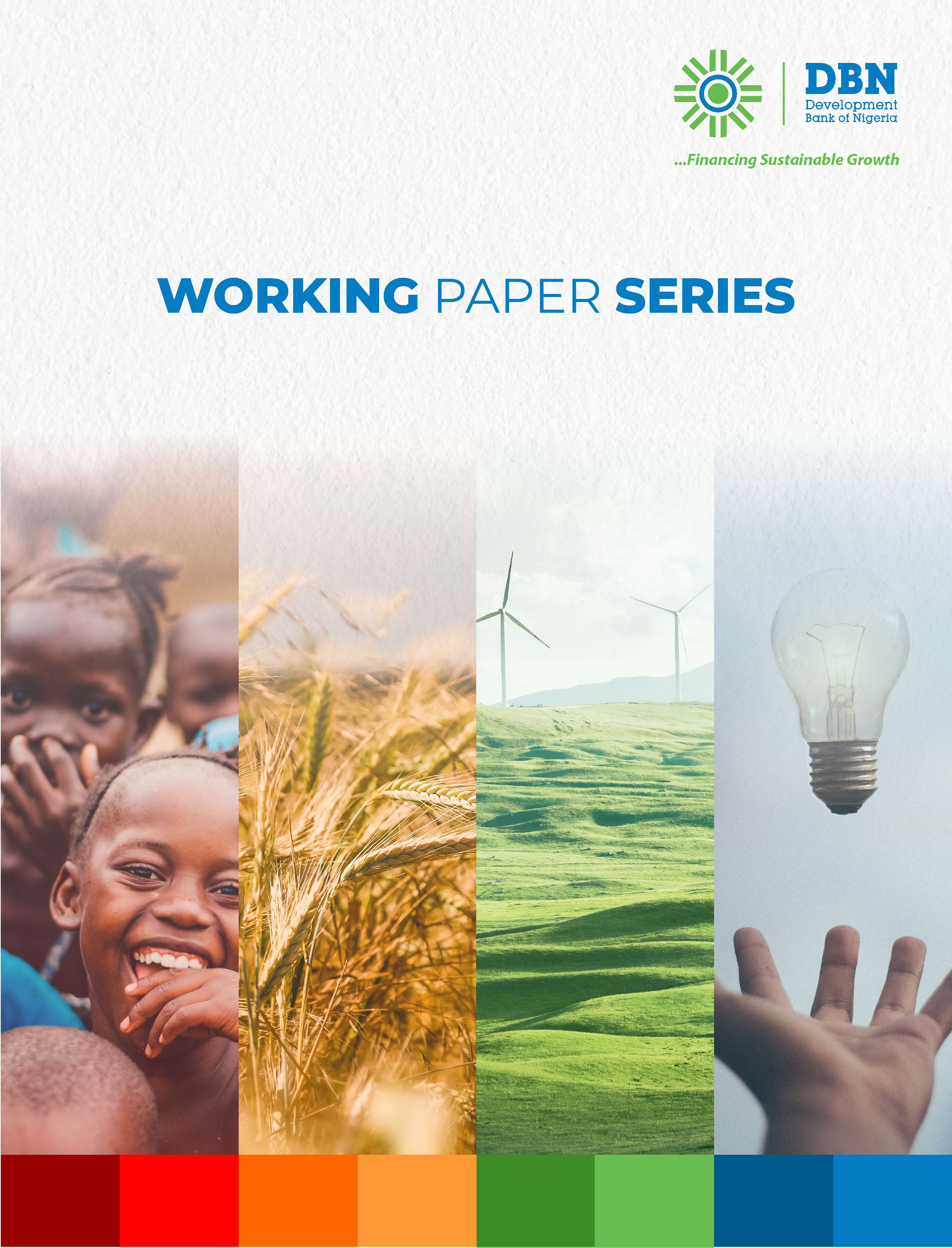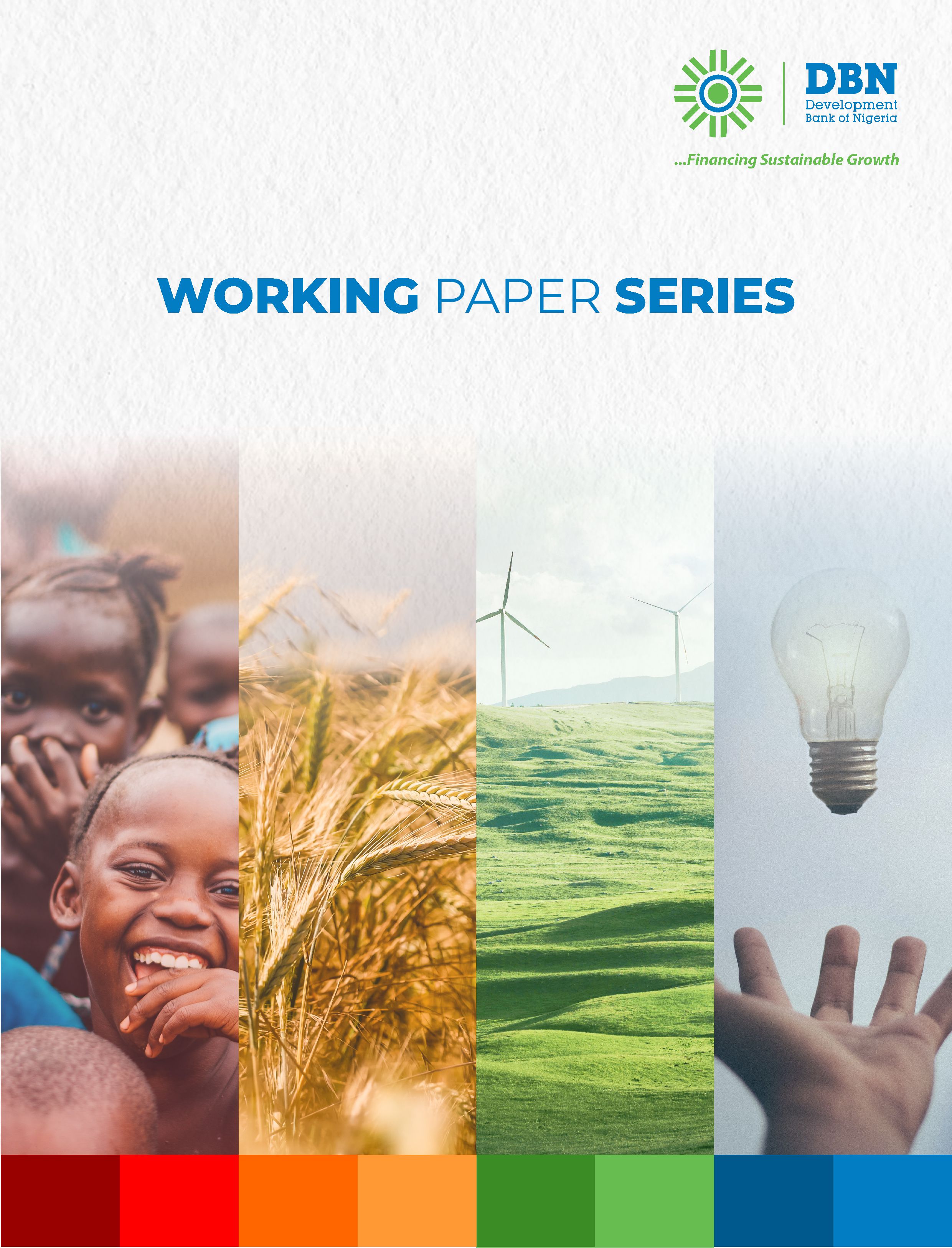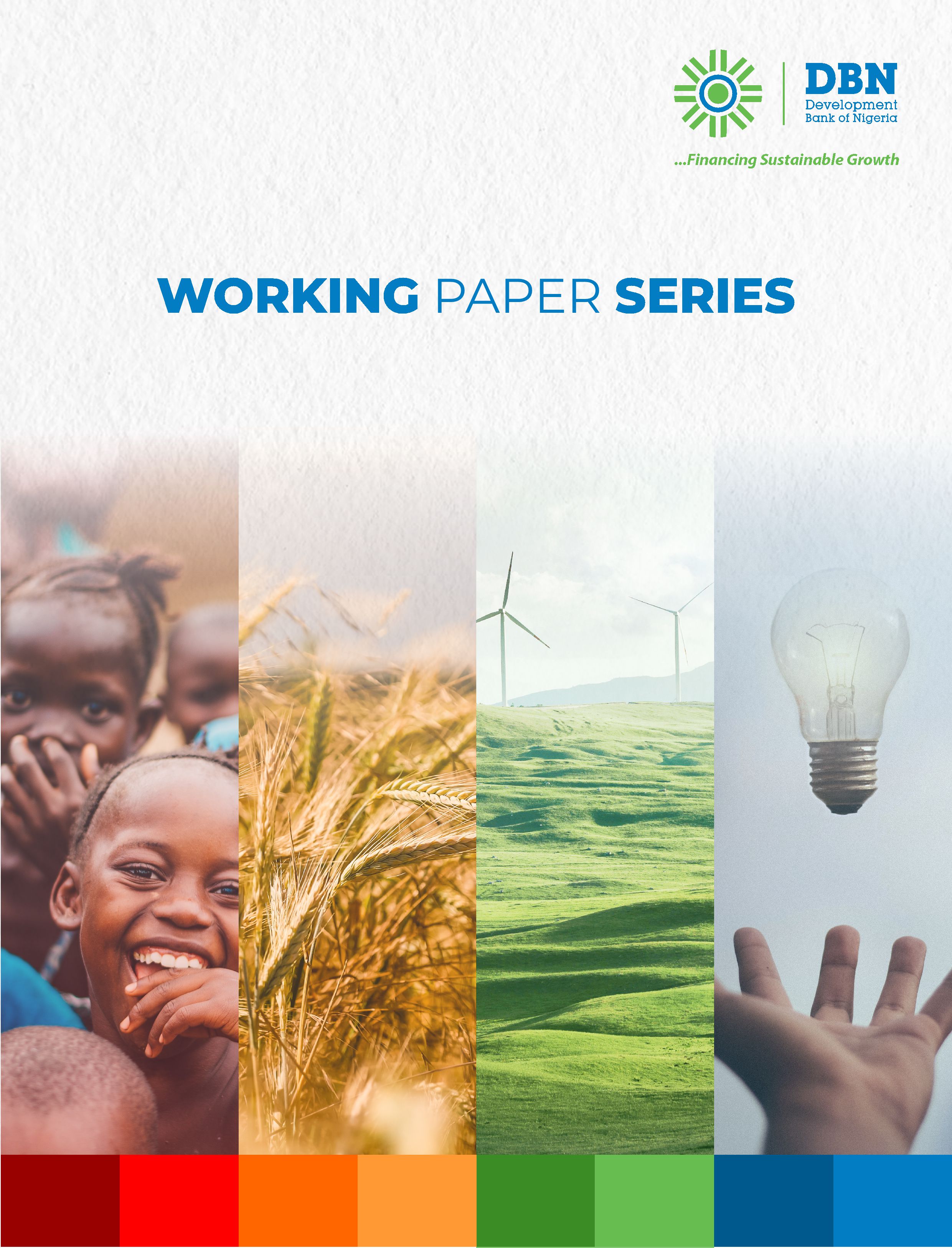
Publication Information
Published by: Admin
Published: 2 years ago
View: 308
Pages: 24
ISBN:
Abstract
Generally, the revolutionary idea behind using information and communication technology (ICT) has improved potential productivity in many industries, particularly in Africa. ICT is an essential tool in the oil and gas industry and plays a complementary role in technological dynamics and cross-sectoral productivity. For the educational sector, ICT facilitates research and development as well as in imparting knowledge. ICT remains the password to essential inputs required for any given output in terms of improved productivity and economic development. With regard to employment creation, ICT accounts for more than 50% of employment globally. Despite the significant role of ICT in the economy, evidence shows that more than 90% of carbon emissions have been linked to ICT production, installation, and usage. This study aims to determine whether ICT causes environmental sustainability in Nigeria and South Africa. The methodological contribution of the study lies in combining the STIRPAT framework and time series based on the VAR/VEC Granger causality, enabling the study to uncouple the dynamic interaction among environmental sustainability indicators. The findings show that ICT has contributed to South Africa's environmental sustainability, whereas evidence in Nigeria is relatively mixed. Therefore, the study recommends the urgent need to provide intervention programs tailored toward investing in environmental infrastructure to mitigate the threat of climate change in Nigeria.
Simplice A. Asongu Prof
Olatunji A. Shobande Mr
Related Publications


VOLUME 6 ISSUE 1 2023
FOREIGN INVESTMENT, INTERNATIONAL TRADE AND ENVIRONMENTAL SUSTAINABILITY - EXPLORING ECOLOGICAL FOOTPRINTS IN 37 AFRICAN COUNTRIES

